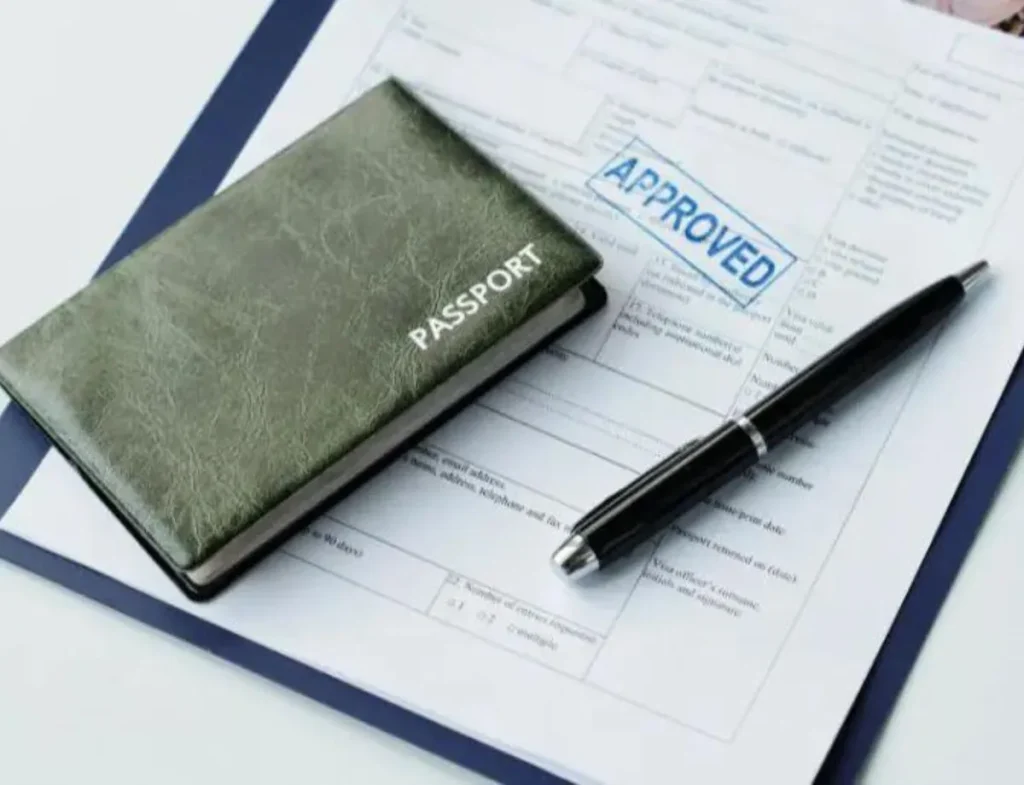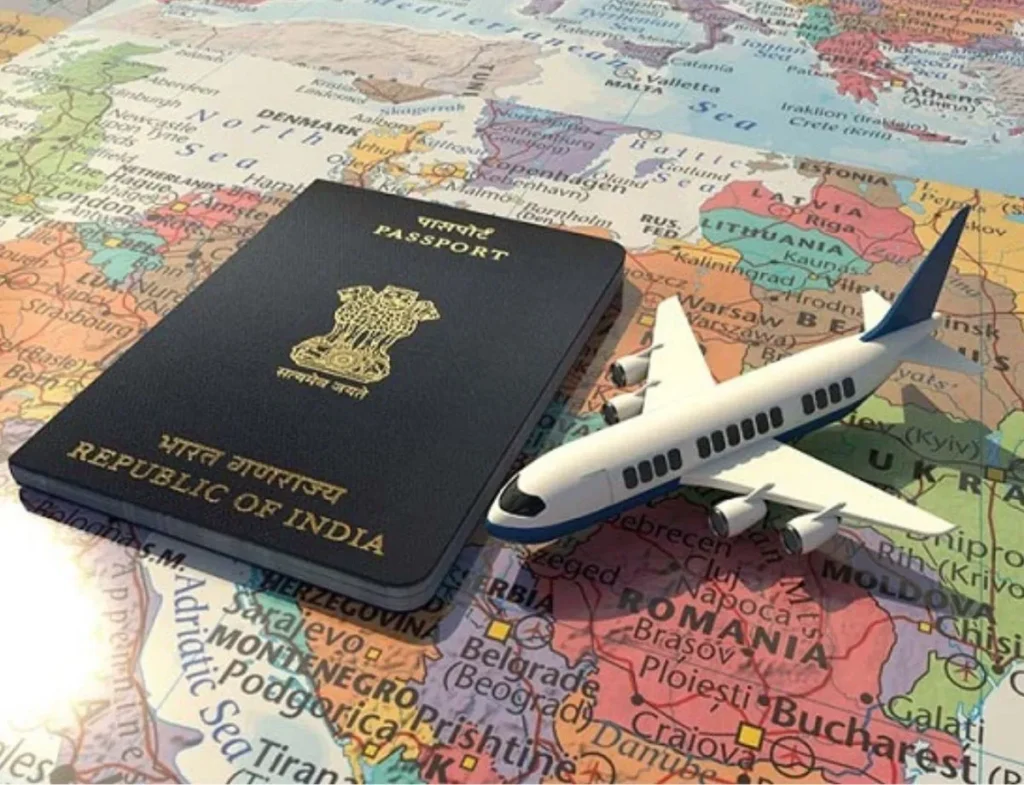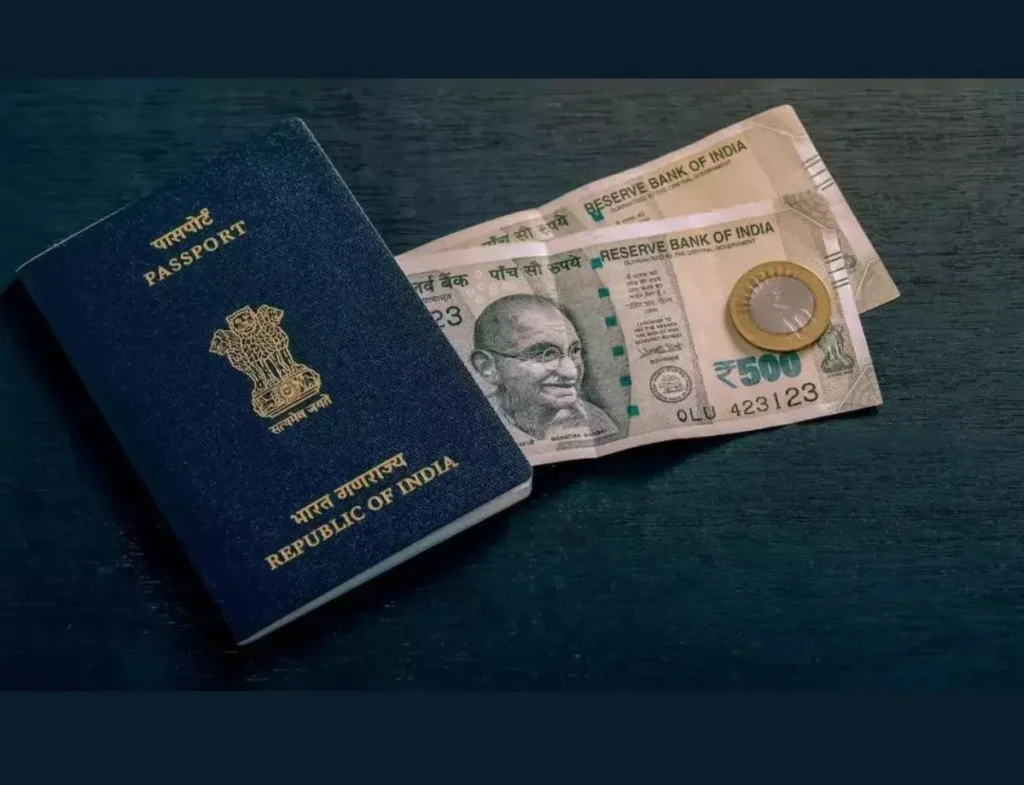The Indian passport stands as one of the most affordable passports to obtain globally, second only to the United Arab Emirates (UAE). Despite its economical acquisition cost and the distinction of being the cheapest in terms of cost per year of validity, possessing an Indian passport grants visa-free access to only 62 nations. This fact underscores the disparities between passport cost and global mobility.

The deep blue cover of the Indian passport, adorned with the national emblem, symbolizes more than just a travel document. It embodies the aspirations, identity, and opportunities of millions of Indian citizens, serving as a testament to the spirit of global citizenship.
In a recent study conducted by Australian firm Compare the Market AU, the affordability and accessibility of passports were evaluated across various countries. The study assessed passport acquisition costs, cost-effectiveness per year of validity, and the number of nations offering visa-free access.

According to the findings, the Indian passport incurs a modest cost of $18.07 for a validity period of 10 years, while the UAE passport requires a fee of $17.70 for a 5-year validity period, securing its position as the most affordable passport globally.
However, the affordability of the Indian passport comes with limitations in terms of global mobility. With access to only 62 nations without the need for a visa, it falls short when compared to passports from countries like Australia, the USA, and Canada. Although passports from these nations come with a higher price tag, they offer broader visa-free access, enhancing passport power significantly.

The disparity between passport cost and global mobility highlights the complex interplay between economics and geopolitics. While some nations offer greater passport power at a higher cost, others provide affordability with limited global access. This underscores the importance of considering not only the acquisition cost but also the practical implications of passport possession for international travel and mobility.
As the world becomes increasingly interconnected, the role of passports as gateways to global opportunities cannot be overstated. For Indian citizens, possessing a passport represents not just the ability to travel but also the potential for growth, exploration, and connection on a global scale.
